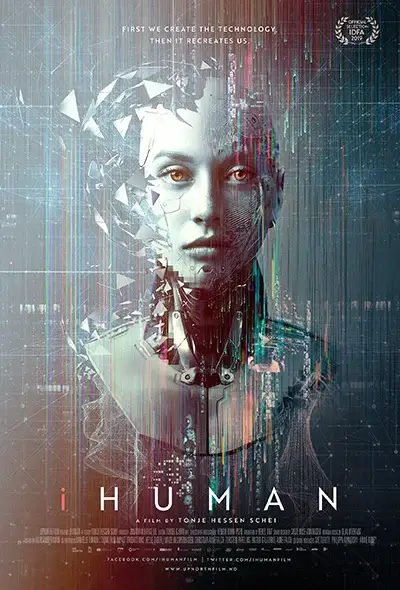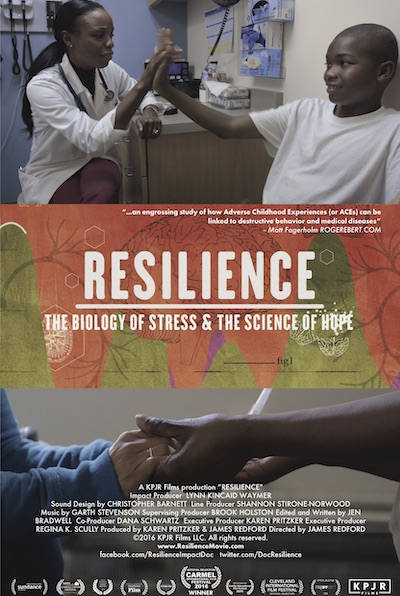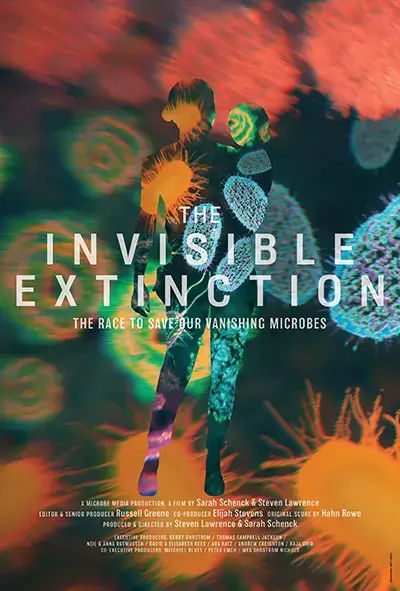Recent research from the Center for Higher Education Policy and Practice (
August 2024) revealed most students are looking for professors to help them connect what’s happening in the world to what they’re learning in the classroom.
So how can academic librarians, faculty, and media platforms work together to make that connection for students?
That’s the question that brought together our Co-founder and Co-CEO Elinor Kowarsky, University of Minnesota’s
Scott Spicer, and University of California’s
Gisèle Tanasse, at our recent webinar held in partnership with ProQuest and ACLR, and moderated by Blueshift Educations’ Fran Sterling.
The group assembled in front of a worldwide audience to explore the educational significance of documentaries and how films can be utilized to address current topics for research and classroom discussions. Here are five big takeaways from their discussion:
1.Documentaries can be pedagogical power tools.
Among the vast resources libraries offer, documentaries are powerful tools for research and study. They bring complex ideas to life, humanizing numbers and connecting real-world issues to academic theory.
As a media specialist for the University of Minnesota Libraries,
Scott Spicer offers a qualified perspective on why documentaries are vital in teaching, having published and presented on several research topics related to media literacy and educational media resources.
"It gives you the 'so what' in terms of learning—why people should care—by looking through somebody else’s eyes, and that aspect is very important pedagogically," he said.
“In our plastic world, people have a thirst for realness. A feature film is not going to give you even a pseudo glimpse into someone’s life like a documentary can. We want to connect to real people’s stories. That’s something that a documentary can do that other types of media cannot do as well.”
2.Search trends are a valuable tool to leverage to engage students
On college campuses worldwide, a wide range of topics are researched daily. From popular subjects like artificial intelligence and public health to more specific areas in biology, child development, or COVID-19, focusing on trends and current events can help identify opportunities to enhance student engagement.
Librarians can partner with media distributors like Film Platform and ProQuest to identify trending topics and content that can connect current events to course syllabus.
3.Identifying relevant documentaries for course integration
Selecting relevant documentaries for courses is made easier with the help of media distributors like Film Platform and ProQuest. The platforms use data to curate and organize content that meets academic needs. For instance, films such as "
iHuman," "
Resilience," and "
The Invisible Extinction"—featured in our recent webinar—are already used in academic settings and fit perfectly into Film Platform’s categories of evergreen, zeitgeist, or hidden gems. Referencing ‘always on’ topics, current events or films that have reemerging relevance, this system helps librarians and faculty pick documentaries that match specific research topics and highlight interconnected issues in an engaging way.
Elinor Kowarsky, Co-CEO of Film Platform, emphasized the versatility of these films: “There are also less obvious courses that these films can be used for. For example, '
iHuman' can be incorporated into political science courses discussing the regulation and legislation around technology development. '
Resilience' can be used in teacher education programs focusing on trauma-informed child development.”
Click on any poster image to learn more about the film
4.How to data can help you get the most out of documentaries
It's crucial for librarians to use data when promoting documentaries in the classroom because statistics like usage and play counts provide valuable insights into a film's relevance to specific subjects. These metrics can help highlight which documentaries are popular and effective in academic settings. However, it's equally important to consider context clues. As Scott highlighted patterns that indicate whether a film was assigned, or played in class, whether it was used as part of research or for course interest, can all contribute to how a film might be used most effectively.
By combining quantitative data with qualitative insights, librarians can make more informed recommendations to faculty and promote the value of the content that faculty have access to.
Another useful tool for promotion and use are the study guides and resources that many films come with. From lesson plans to discussion guides, many of the films on offer at Film Platform can be supported with ready-made resources that help faculty and students make connections with their courses.
5.How librarians, media distributors, and faculty working together to strengthen relevance
The best work is teamwork, and in many ways, this is already happening. Film and Media Services Librarian at Berkeley,
Gisele Tanasse, notes that collaboration has become even more essential due to the reduction in media librarian staff at many universities. To promote their collections, they rely on platforms like ProQuest and Film Platform, which offer deep knowledge of trends and their own collections.
“The platforms are really doing a lot of the work in highlighting the really current topics for us,” she said.
“So some of that literacy we’re spreading with our librarian colleagues is around making sure they’re aware of the different platforms and the strength of those platforms. We’re kind of tapping into this national community of practice that is both librarians and educational distributors, and I think that’s beautiful.”
Contact us to add these films and many more to your library




